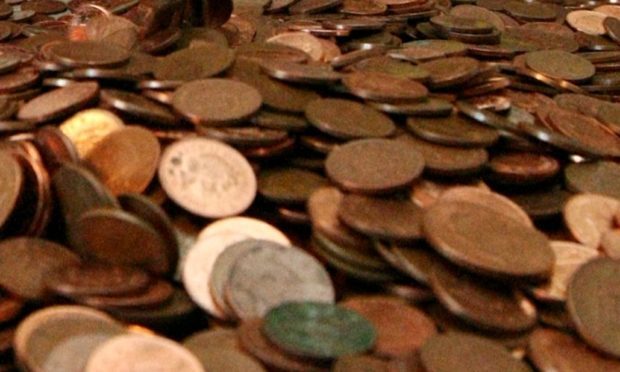I haven’t spent a penny in five years, and I’m not desperate to do it again.
Now the schoolboy humour is out of the way, let’s focus on the serious matter of British currency. No, this isn’t about the health of the pound; it’s about whether the people of Britain need copper coins.
Short answer: nope. Get rid of them.
Last week, the UK Treasury floated the idea of ditching 1p and 2p coins, and there was the predictable outcry from people resistant to change. It was good headline material, such as The Daily Mail’s “Pennies dropped”, but overall the response was depressingly shrill.
There’s a good case for dumping coppers, and I know it because I live in a place that already did it. When I moved to Canada five years ago last Wednesday, the country was just months into a penny-free future.
The rationale for removing the smallest-denomination coin involved a cost-benefit analysis: the cost of producing pennies outweighed the benefits. Most people had stopped using them – as many as 63% of the population simply disregarded one cent coins, according to one study – yet the government was making hundreds of millions of pennies a year.
So the decision was made to stop. There was a period of adjustment to the system of rounding things up or down to the nearest five cents, but everybody got used to it and now we all do it without thinking.
I enjoy my pockets being lighter and, anyway, the popularity of pocket change is diminishing. Two years ago, contactless payments accounted for more than 50% of transactions in the UK for the first time, edging ahead of cash. This change is consumer-led.
So, should the UK follow Canada and kill the penny? I don’t see why not. I think I detected misguided sentimentality in the reaction to the idea. Having 1p and 2p coins is as pointless as changing the colour of our passports.
I can get sentimental, too, but the coins of today are already unrecognisable from just a few years ago. There are better ways to spend public money than on manufacturing unnecessary coins.
Take care of the pennies, permanently.
